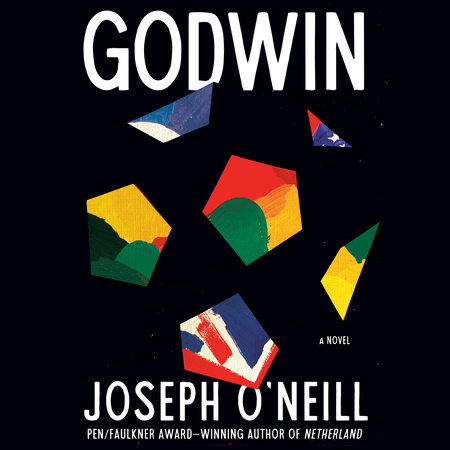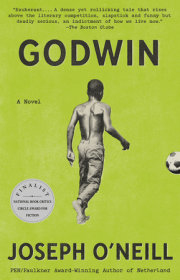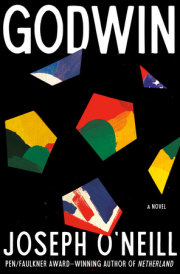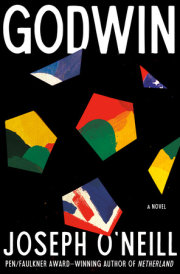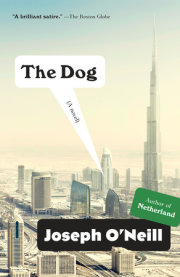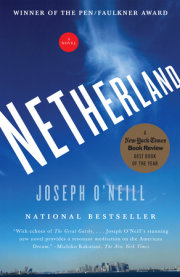A few years ago, my phone turned into a device for strangers and robots to butt in between me and whatever I’m doing. Any given caller was very likely a financial-verbal intruder. The simple buzzing of a phone began to frighten me. I decided to shun phone calls systematically, with an exception being of course made for Sushila—and even Sushila knows that, unless it’s urgent, a text is optimal. This decision was overdue. The general history of the telephone call, it can safely be said, is a grim one. Who can begin to measure or even grasp the volume of the calamities reported or produced by this sound-transmission system? It was with very good reason, I now understand, that my father invariably commanded me to ignore the ringing beige gadget stationed in the living-room bookcase. Together he and I would wait, all activity put on hold, for the shrill to stop, an interlude of suspense that could last a minute or more, because in those landline days there was nothing to stop a caller from sticking at it indefinitely, and often the house would be filled with that eerie, seemingly infinite electronic cry, and often this cry would be followed by a second, appellate cry undertaken in the hope, perhaps, that the first call had been misdialed or that my father had just stepped through the door or climbed out of the bathtub. Dad refused to get an answering machine. As a concession to me—I was a high school freshman; it was newly important for me and my friends to be in constant discussion—he permitted me to pick up the phone, but only on the condition that, should the caller ask for him, I would declare him to be “not presently available.” This was the formulation he insisted on.
The point is that I’ve developed my father’s aversion to the phone. It’s two days before I get back to Geoff.
“Hey, Markie,” he says. “Thanks for calling, fam. Sorry to barge in on you.”
“Don’t be crazy,” I say.
I will say that I love my brother’s voice, which I hear so rarely. It is a voice from a complementary, more summery world that once was or could never be. It’s the voice of love long lost or long impossible. That is where things stand in the matter of me and my brother’s voice.
He informs me that he finds himself “in a bit of a tight corner.” He wonders if I might be able to set aside a few days to fly to England in order to help him with “this business opportunity.” He’s had some kind of accident and isn’t able “to do, you know, mobility.” He adds, laughing a little, “It’s a big ask, bruv, I’ll be real. If you can’t come, I’ll understand completely.”
“You’re hurt?”
“Nah, fam, I’m all right.” As he says this, he texts me a photograph of a leg in a cast. Crutches rest against the couch.
“Jesus. You’re really banged up.”
“Yeah, it might be a while before I kick a ball.” He continues, “Fing is, Markie, I need someone I can absolutely trust. I’m not going to lie, there’s a lot riding on this.” He says more, including the assertion that, “if it comes off, there’s going to be a serious— I mean serious, fam—payday down the road for all of us.”
To be polite and for no other reason, I ask him about the time frame.
“We’re looking at a week. Tops. I’ll take care of your expenses, fam. That’s not an issue.” He says this very coolly.
“Let me think about it.”
I’m not going to think about it. A simple rule applies here: no monkey business. An unexplained mission entailing up-front expenditure by me and back-end reimbursement by him? A big payoff that may or may not materialize? That looks a lot like monkey business to me. Geoff is, to the best of my knowledge, a soccer agent. It’s a legitimate line of work, but it’s not exactly a bishopric. More basically, the whole idea is nuts: I drop everything and set off on an exotic self-financed journey to help him? Who does he think I am—Captain Haddock?
To my astonishment, Sushila takes a very different view. “You’ll get to spend time with your brother,” she says. “When was the last time that happened? I think you should think it over.”
We’ve finished dinner. I’m loading the dishwasher. If I have a vocation, it is stacking dishware, glassware, and cookware with maximal efficiency.
Her voice goes on: “Why not go? It’ll be an adventure.”
“An adventure?” I’ve spent years fighting my impulsiveness. Nobody knows this better than Sushila. Now she wants me to fly across the world for an adventure?
When I was ten years old and living in Portland, Oregon, my father announced, “You have a baby brother,” and little by little further specifics reached me, including the fact that he was in “England.” This hearsay bore a fabulous geographic tinge that has never completely faded. I came to believe that this baby was born in a land far away from his true home—that is, from my home—and as far as I was concerned, he was a foundling of sorts and it was my duty to track him down and repatriate him. I got out an atlas and discovered where England was. I determined that with a team of huskies I could quite feasibly navigate the frozen surfaces of Canada and Baffin Bay and Greenland, from where I’d hitch a ride on a fishing boat across the Greenland Sea, to Iceland, from where another trawler would transport me across the nameless and terrible body of water between Iceland and the Faroe Islands. From the Faroes it would be a relatively simple matter to get to the Orkney Islands and, finally, mainland Britain. I had no route planned for the return trip. I did, however, foresee that the two brothers (suddenly and miraculously closer in age) would be involved in great perils and great deeds of bravery. To this day I retain several of those visions and can still see, in the flash frames of a child’s eye, two boys, on foot in the desert, pausing to share water from a flask; the same two boys riding side by side on white horses; and, vividly, a snowy drama in which our heroes for some reason find themselves bobsledding. Their sled races along a pale and curving track. The two boys are crouched very close to one another in the cockpit, and in spite of everything—the icy chute, the stormy and thundering descent, the obscure, determined pursuers—they are warm and safe.
The next day, I inform the people at work that I will be taking my accrued leave. Then I set off on a journey across the Atlantic. It has occurred to me, at long last, that maybe the brother in difficulty isn’t Geoff.
Copyright © 2024 by Joseph O'Neill. All rights reserved. No part of this excerpt may be reproduced or reprinted without permission in writing from the publisher.

